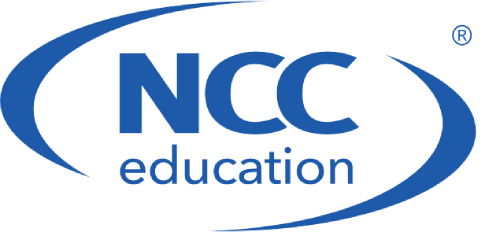Developing English Language Skills (DELS)
The aim of this module is to significantly develop students’ English Language Skills towards
being fully independent users of English, able to communicate effectively beyond simple
everyday contexts. It aims to systematically improve all four skills of reading, writing, listening
and speaking and enable students to acquire a broad range of grammatical and lexical
knowledge which they can use confidently and effectively.
Research and Study Skills for University Study (RSS)
The Research and Study Skills for University unit focuses on developing essential academic
skills for successful university studies. It covers critical thinking, effective research
methodologies, academic writing, and time management. This foundational unit prepares
students for higher education, enhancing their ability to analyse, articulate, and apply knowledge
effectively.
English for Academic Purposes (EAP)
The English for Academic Purposes unit ensures a progressive learning journey, starting with
fundamental language skills, academic writing, and listening comprehension in the first half. The
latter half builds on this foundation, delving into advanced research techniques, critical analysis,
and presentation skills. Taught in sequence, this unit is designed to equip students with the
comprehensive linguistic and academic competencies necessary for successful engagement in
higher education settings.
Mathematics for University Study (MUS)
This aim of this unit is to consolidate students’ existing learning in the areas of mathematics
whilst at the same time introducing new topics appropriate across a range of academic
disciplines and vocational areas. The techniques covered in this unit focus on the resolution of
problems and there is a strong practical focus in each of the topic areas.
Introductory Business (IB)
The International Business unit offers an insightful exploration into global trade practices,
cultural considerations, and the economic dynamics shaping international markets. Students
learn about international strategies, cross-border operations, and the regulatory environments
affecting global businesses.
International Economics (IE)
This module introduces the key principles of Economics.
Introduction to Computer Science (ITCS)
This unit aims to provide a sound knowledge and understanding of fundamental computer
science topics. It covers the fundamental concepts relating to a wide range of computer
hardware and software, the characteristics of hardware components, how data, images and
sound are represented in a computer system, the fundamental concepts of computer networks,
and cultural, ethical and legal issues related to computing.
Introduction to Programming with Python (ITP)
The Introduction to Programming with Python immerses students in the fundamentals of Python
programming. Covering syntax, data structures, and basic algorithms, it emphasises problem-
solving and practical applications. This unit lays the foundation for further studies in computer
science and software development.
Digital World (DW)
The Digital World delves into the impact of digital technologies on society, economy, and culture.
It explores topics like internet connectivity, digital communication, cybersecurity, and emerging
tech trends. This unit equips students with a comprehensive understanding of the digital
landscapes.
Biology for University Study (BIO)
This unit aims to introduce the fundamental ideas of how the human body works. Starting with
the cell as the building blocks of life and the looking at each of the major body systems. The
purpose of this to give the underpinning knowledge which will prepare students to study health
related subjects at higher levels.
Chemistry for University Study (CHEM)
This unit aims to build up a fundamental background of the three main branches of chemistry:
inorganic, physical and organic. Theoretical concepts will be illustrated using several practical
laboratory sessions.
Physics for University Study (PHY)
This unit aims to build up a fundamental background of the principles of physics. The unit
focuses on Newton’s mechanics, electrostatics and electrodynamics. The principles of thermal
physics and magnetism are also introduced.
Further Maths for University Study (FUTM)
This unit aims to provide an understanding of different mathematical concepts and ideas,
building on the work covered in the foundation mathematics unit. It will allow candidates to
develop further algebraic techniques on advanced mathematical topics, touching on areas often
seen and used in university courses.

